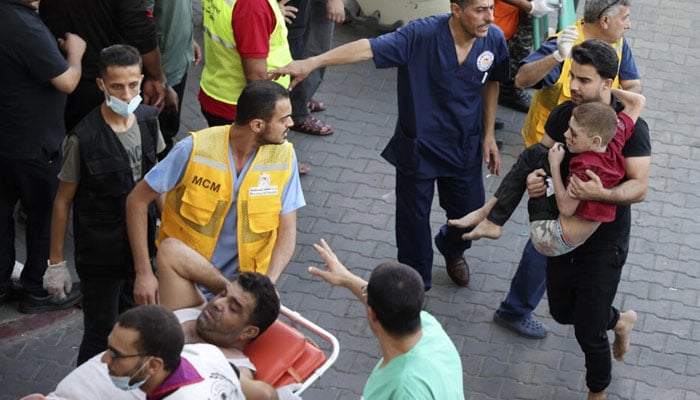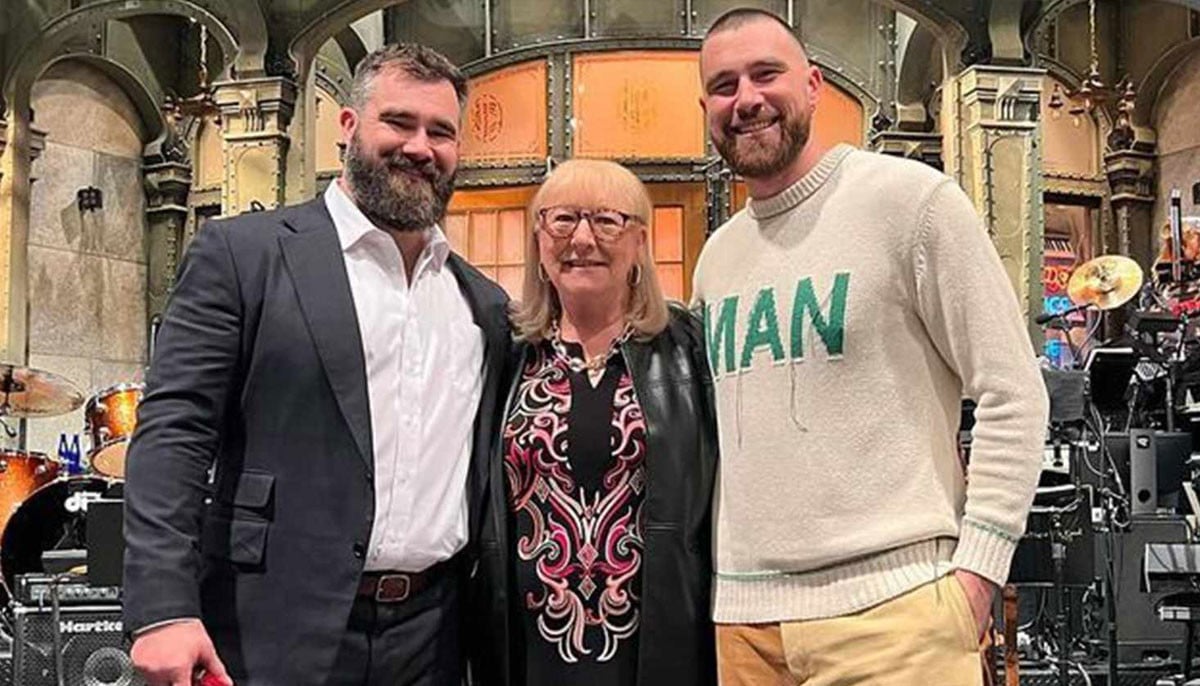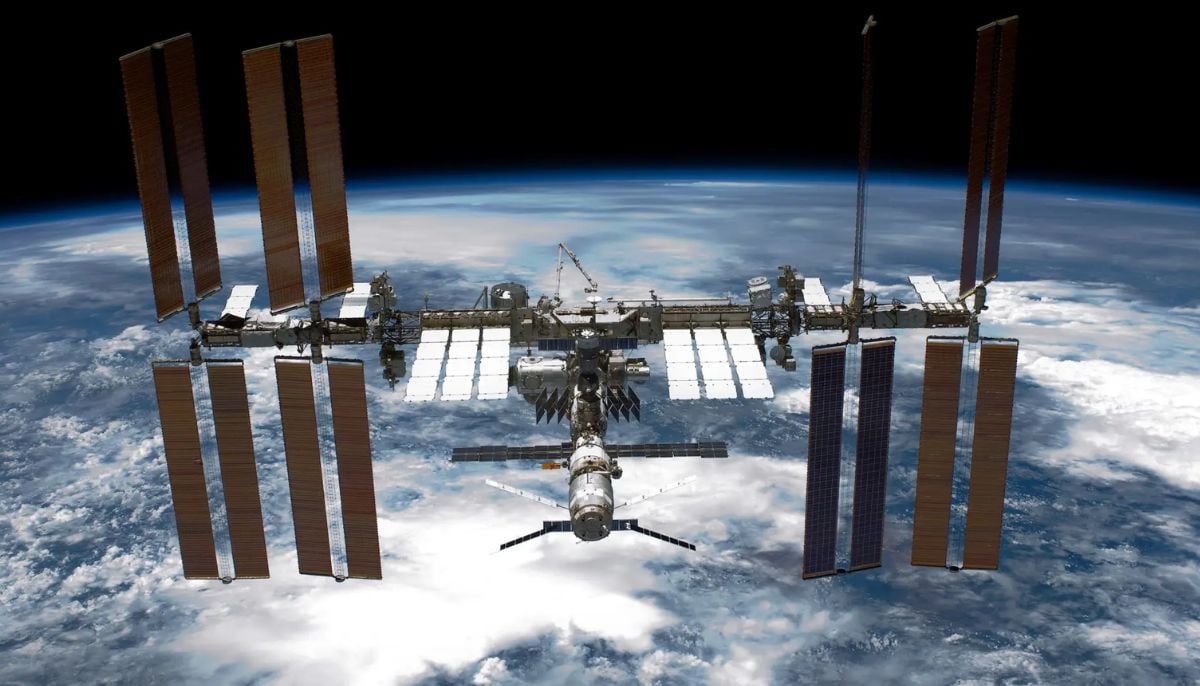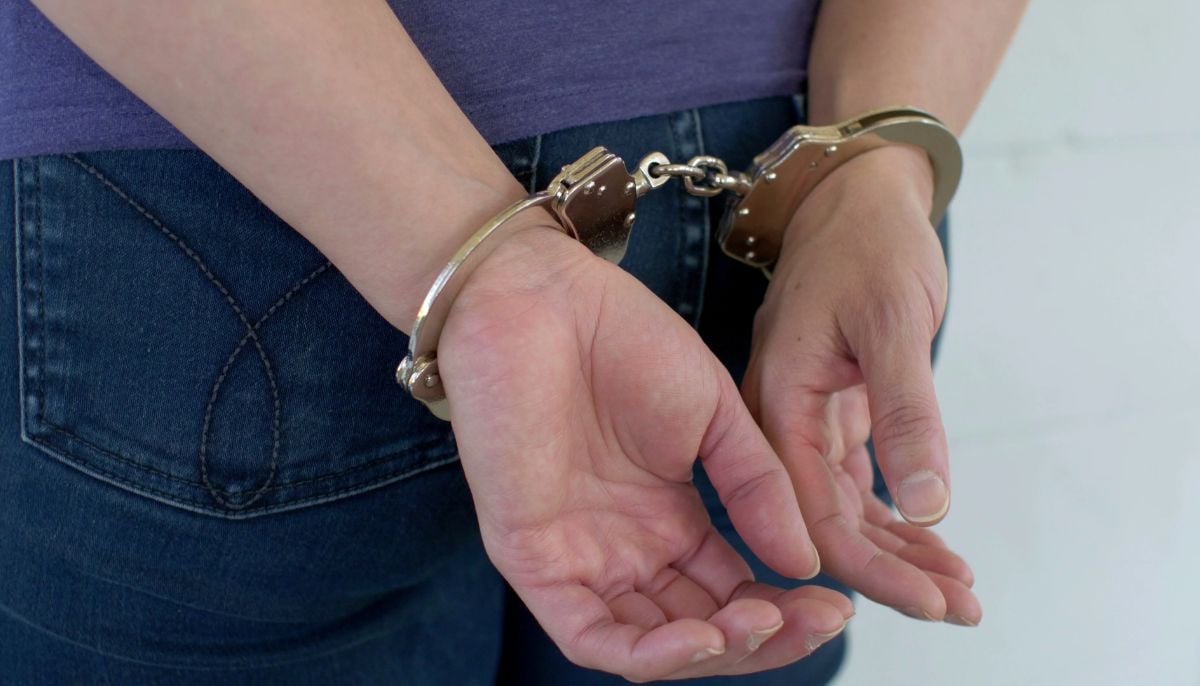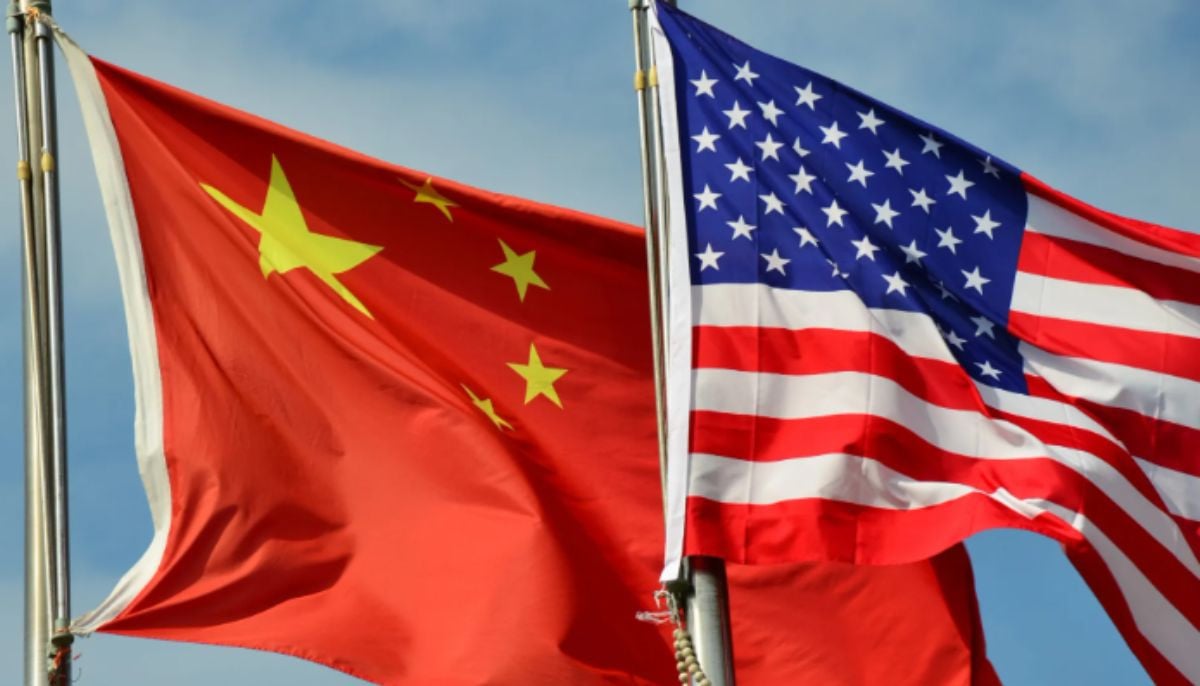Gaza faces outbreak of cholera, other diseases as sewage system collapses
All five of Gaza's wastewater treatment facilities and the majority of its 65 sewage pumping stations have been forced to halt operations
Humanitarian organisations warned on Saturday that if supplies are not allowed in, fatal water-borne diseases like Cholera may proliferate in the beleaguered Gaza Strip.
The four kids of Waseem Mushtaha have been out of school for over two weeks. They are being taught how to ration water rather than geography or maths.
“Every day I fill a bottle of water for each one and I tell them: Try to manage this,” he told Al Jazeera, speaking from the southern Gaza city of Khan Younis. “At the beginning, they struggled, but now they are coping.”
Mushtaha drove his wife and four children, ages eight to fifteen, to his aunt's house in Khan Younis when Israel ordered 1.1 million Palestinians to leave their homes in the northern section of Gaza. There, neighbours welcomed additional family members and friends despite Israel's constant aerial bombardment.
Mushtaha observes the warning signs of an oncoming public health catastrophe while working as a water and sanitation officer for the international non-profit Oxfam. He claimed that "people sleep on the streets, in stores, mosques, in their cars, or on the streets." His family considers themselves fortunate to share a 200 square metre flat with about 100 other individuals.
Meanwhile, since October 7 when Israel started bombing Gaza in retaliation for the unexpected attack by Hamas, hygiene products have vanished from the few open supermarkets and the price of water sold by independent vendors operating small solar-powered desalination facilities has doubled. It now costs 60 shekels ($15), up from its previous price of 30 shekels ($7.40).
On Wednesday, Mushtaha estimated that his family would run out of water in 24 hours. After that, he didn’t know what would happen. “We will go to the market and purchase whatever is available,” he explained. “We are looking to the future with bleak eyes.”
Collapse of water and sanitation services
If immediate humanitarian relief is not provided, the collapse of water and sanitation facilities will lead to outbreaks of cholera and other deadly infectious diseases, according to a warning from Oxfam and United Nations organisations.
After declaring a complete embargo of the Palestinian territory in response to the Hamas onslaught, Israel cut off its water pipeline to Gaza as well as the fuel and electrical supplies that operate water and sewage plants.
All five of Gaza's wastewater treatment facilities and the majority of its 65 sewage pumping stations have been forced to halt operations. According to Oxfam, untreated sewage is currently being discharged into the sea, and solid garbage as well as bodies waiting to be buried are suddenly showing up on some streets.
Municipalities are unable to pump water to residential areas due to the shutdown of desalination facilities and the lack of power. Some Gazans have resorted to drinking seawater or are dependent on the enclave's sole aquifer, which is tainted with sewage and seawater. Others are made to drink from farm wells against their will.
‘On the streets with no protection’
According to the UN, each person in Gaza presently only has access to three litres of water per day, which is insufficient to meet all of their needs, including drinking, washing, cooking, and flushing the toilet. The World Health Organisation (WHO) recommends that an individual drink between 50 and 100 litres of water per day to meet their basic health needs.
An employee of the charity Islamic Relief who also found shelter in Khan Younis described a similar situation. “At my parents’ house, there are around 20 children and seven adults sheltering. Even with so many people we only flush the toilet twice a day – once in the morning, once at night – to save water,” she said, requesting anonymity.
“We cook food that uses the least water. We wash for prayers just once or twice,” she added. “We have a neighbour with a well, but he doesn’t have any electricity to pump the water. They’ve got a generator but no fuel.”
For those who have no shelter, conditions are most dire. “There are families with children and newborn babies living without a roof over their heads,” she said. “They just sit on the streets without protection, water, food or anything. They don’t have any security.”
‘We are ready to go’
In the midst of Israeli airstrikes that have resulted in the deaths of 4,385 Palestinians, worries are mounting that dehydration and waterborne diseases may cause a humanitarian disaster.
Humanitarian organisations have repeatedly demanded that the aid stocked at the Rafah gate, which is the only way to reach the Gaza Strip on its lone border with Egypt, be allowed to pass.
Following his Wednesday visit to Israel, US President Joe Biden announced that he and Israeli Prime Minister Benjamin Netanyahu had struck a consensus that would allow help to be delivered in the coming days. All trucks must be inspected, and no help may reach Hamas fighters, according to Israel. Additionally, Biden stated that Egypt has consented to permit a first aid convoy of 20 trucks through the Rafah border crossing into Gaza.
-
Travis Kelce's mom Donna Kelce breaks silence on his retirement plans
-
Hailey Bieber reveals KEY to balancing motherhood with career
-
Hillary Clinton's Munich train video sparks conspiracy theories
-
Woman jailed over false 'crime in space' claim against NASA astronaut
-
Columbia university sacks staff over Epstein partner's ‘backdoor’ admission
-
Ohio daycare worker 'stole $150k in payroll scam', nearly bankrupting nursery
-
Michelle Yeoh gets honest about 'struggle' of Asian representation in Hollywood
-
US, China held anti-narcotics, intelligence meeting: State media reports
